Bush Faithful Rewarded With JobsOn the Way Out, He Placed Aides and Big-Money GOP Donors
By Dan Eggen
Washington Post Staff Writer
Tuesday, February 10, 2009; A02
Fred F. Fielding, Emmet T. Flood, William A. Burck and Daniel M. Price worked together at the White House under George W. Bush. Less than two weeks before leaving office, Bush made sure the senior aides shared a new assignment, naming them to an obscure World Bank agency called the International Center for Settlement of Investment Disputes.
The appointments are for six years and are potentially lucrative, paying up to $3,000 a day plus travel and other expenses if an appointee is chosen to hear a case. Bush also named two other prominent Republican lawyers to the agency, which attempts to broker international finance disagreements.
Bush made more than 100 such end-of-term appointments to a constellation of presidential boards and panels, such as the President's Council on Physical Fitness and Sports and the U.S.-Russia Polar Bear Commission. Like other presidents, he often turned to close aides and top political supporters to fill the last-minute postings, many of which will outlast President Obama's current term.
Nearly half of Bush's appointments after Election Day were filled by donors who gave a total of nearly $1.9 million to Republicans since 2003, according to an analysis of the postings. At least 20 of the positions were filled by former Bush aides, plus others filled by old hands from the administrations of Richard M. Nixon, Ronald Reagan and George H.W. Bush.
Most of the positions are unpaid and are valued more for their status than for monetary compensation. Yet the appointments show how political connections matter even for the most obscure Washington jobs, and they illustrate the extent to which presidents have an impact well after they leave the White House.
"It's a way for an outgoing president to have some ongoing influence, however modest, after he's gone," said Thomas E. Mann, a Brookings Institution scholar. "It also shows you that a lot of people just like positions, names, titles and affiliations, especially if it came from a presidential appointment."
Carlos M. Gutierrez, Bush's last commerce secretary, now sits on the board of the Woodrow Wilson International Center for Scholars. James W. Holsinger Jr., whom Bush had nominated at one point to be surgeon general, snagged a seat on the fitness council, along with quarterback Eli Manning, figure skater Michelle Kwan and other athletic stars. Condoleezza Rice, in a customary move for former secretaries of state, was named to the board of trustees for the John F. Kennedy Center for the Performing Arts.
Some boards were particularly popular. Bush named a dozen appointees to the council that oversees the U.S. Holocaust Memorial Museum, including former chief of staff Joshua B. Bolten, former homeland security secretary Michael Chertoff, former attorney general Michael B. Mukasey, and Elliott Abrams, who was an aide to Reagan and George H.W. Bush. Two major GOP donors -- real estate billionaire Alan I. Casden and former public broadcasting chairman Cheryl F. Halpern -- were also on the list.
The nation's top military colleges were also sought-after destinations. For the U.S. Air Force Academy board of visitors, Bush named former congressman Robin Hayes (R-N.C.), former U.S. trade representative Susan C. Schwab and former White House physician Richard J. Tubb. Fred Malek, who was an aide to Nixon and the elder Bush, was appointed to the board overseeing the U.S. Military Academy at West Point, N.Y., while former congresswoman Nancy L. Johnson (R-Conn.) was named to the U.S. Naval Academy board in Annapolis.
The wide array of presidential appointments "perpetrates a merry-go-round of personalities," said Marthena Cowart, spokeswoman for the Project on Government Oversight, a watchdog group. "Once you get on the merry-go-round, you never get off, whether you belong there or not."
Melanie Sloan, executive director of Citizens for Responsibility and Ethics in Washington, said that while many of the appointments owe to vanity or good causes, some are also useful for maintaining political influence. "The real question is not only whether they are paid, but what benefits can they pay out from these boards," she said.
Consider the Advisory Committee for Trade Policy and Negotiations, the U.S. government's senior trade advisory panel, which favored several of the free-trade agreements that Bush was unable to push through Congress.
Bush named three members to the panel on Christmas Eve: Carol Ann Bartz, chief executive of Yahoo, who donated about $35,000 to Bush and other Republicans over the past six years; Maria Cino, who organized the 2008 Republican National Convention; and Israel Hernandez, who worked in the Commerce Department and the Bush White House. Their terms last through 2012, allowing them to play a role in influencing trade policy throughout Obama's term.
Many of the appointees had no clear political connections, particularly on some of the more obscure or scientific panels, such as the Nuclear Waste Technical Review Board and the President's Committee on the National Medal of Science.
The World Bank's settlement center, based in Washington, bills itself as the "leading international arbitration institution" for disputes between nation-states and private corporations. Four White House aides were appointed to the agency on Jan. 6 as conciliators or arbitrators: Fielding, who was chief White House counsel; Flood, a special counsel; Burck, an associate counsel; and Price, a deputy national security adviser. J.C. Boggs, president of the Republican National Lawyers Association, and Ronald A. Cass, who served under Reagan and the elder Bush, were also named.
Conciliators and arbitrators earn "$3,000 per day of meetings or other work performed in connection with the proceedings, as well as subsistence allowances and reimbursement of travel expenses," according to the center's published fee schedule.
But David Theis, a World Bank spokesman, said the agency is set up like a pool, with up to eight appointees from each of the agency's 143 member countries. As a result, he said, about 80 percent of them never participate in a case, and therefore receive no pay.


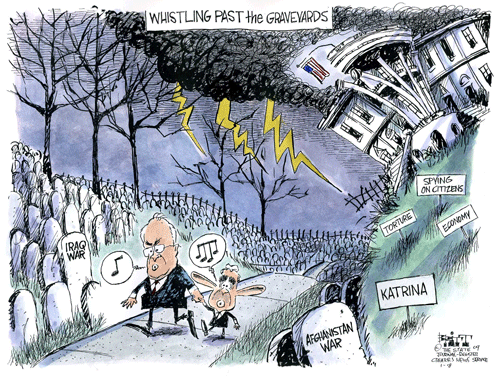
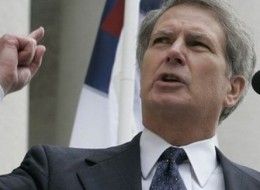
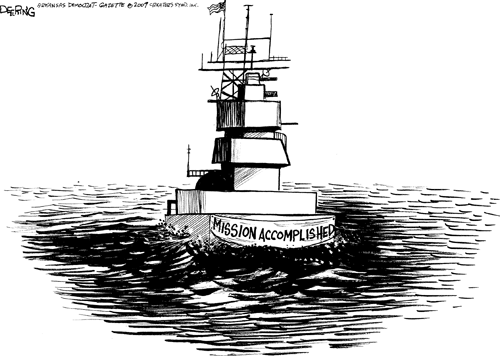
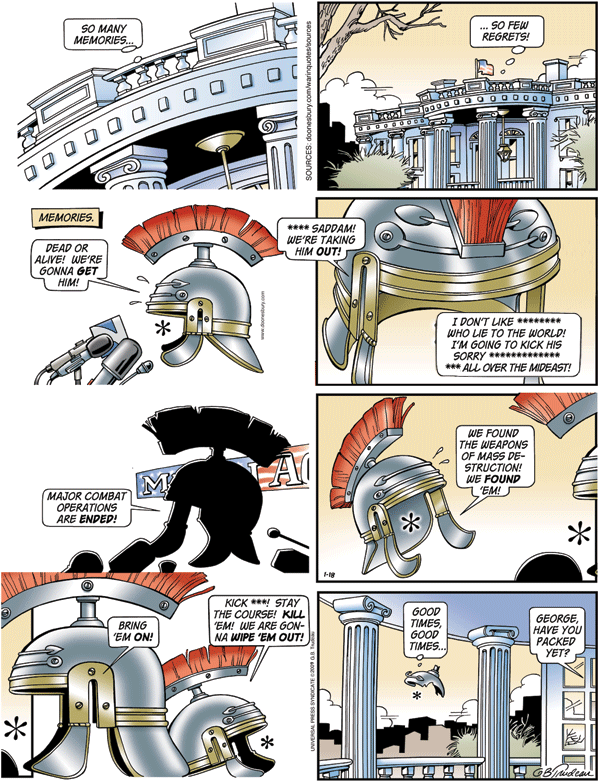
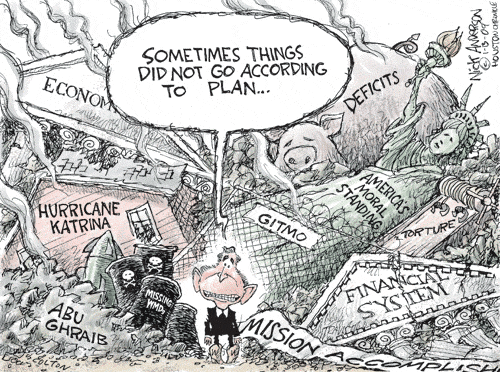





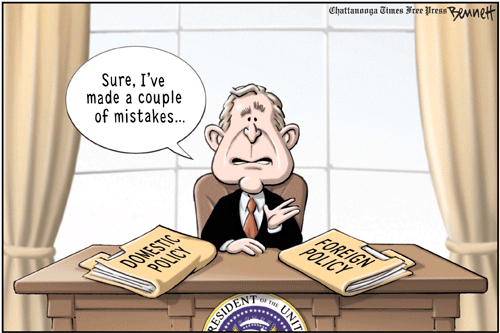
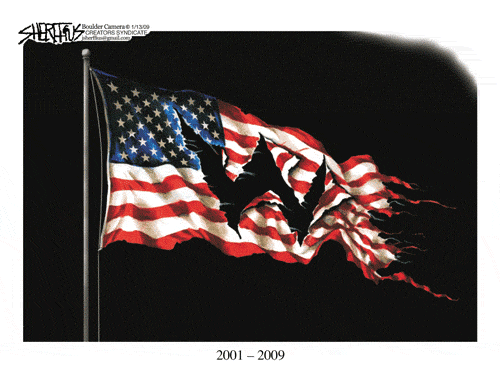
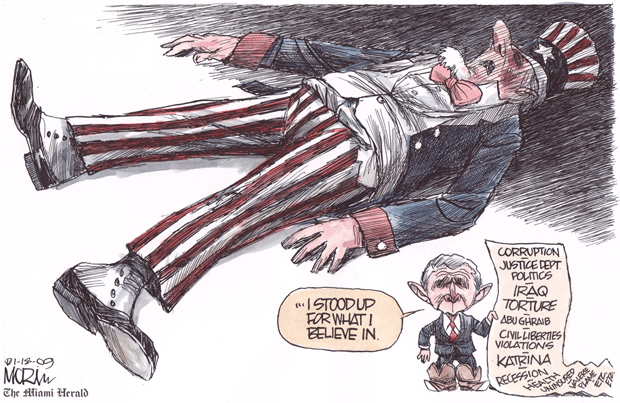


February 13, 2009 12:56 PM